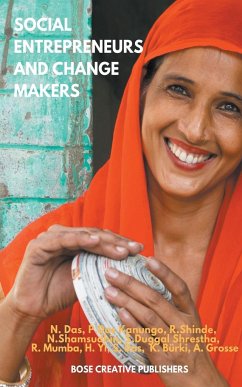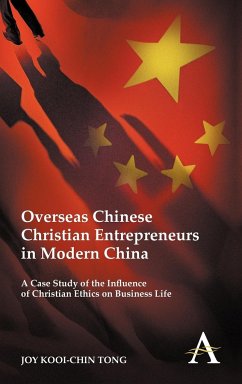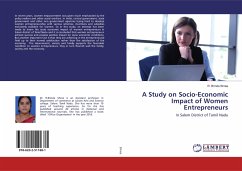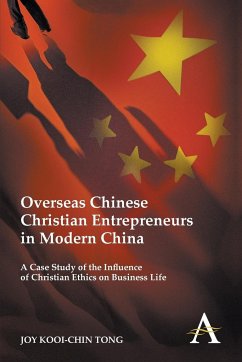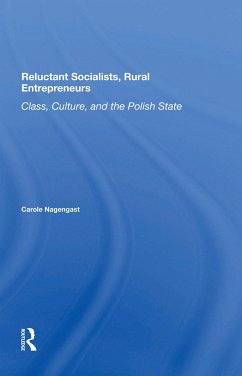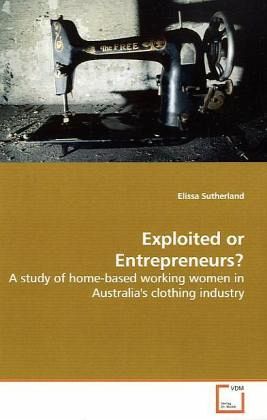
Exploited or Entrepreneurs?
A study of home-based working women in Australia's clothing industry
Versandkostenfrei!
Versandfertig in 6-10 Tagen
52,99 €
inkl. MwSt.

PAYBACK Punkte
26 °P sammeln!
Home-based workers are an ever increasing proportionof the Australian clothing industry's workforce. With decreasing tariff protections and increasingcheap imports of apparel into Australia, home-basedworkers offer both competitive labour costs, but mostimportantly, quick turnaround times. The media andmany academic studies, focus on this supply-sidestory of how home-based workers underpin afundamentally transforming industry. This book turnsour attention to the lives of the (mostly) migrantwomen who perform this work. Focusing on a newlycollectivising group of women entrepreneurs andemployees...
Home-based workers are an ever increasing proportion
of the Australian clothing industry's workforce.
With decreasing tariff protections and increasing
cheap imports of apparel into Australia, home-based
workers offer both competitive labour costs, but most
importantly, quick turnaround times. The media and
many academic studies, focus on this supply-side
story of how home-based workers underpin a
fundamentally transforming industry. This book turns
our attention to the lives of the (mostly) migrant
women who perform this work. Focusing on a newly
collectivising group of women entrepreneurs and
employees who do industrial sewing in their homes,
this study documents a progressive policy shift
that occurred in Sydney, Australia. The work
grapples with the complexities of mounting a case for
state endorsed minimum wage and condition protections
without an over-reliance on victimhood storylines.
This analysis sheds light on a usually invisible
subject, the home-based worker, and should be of
interest to those organising in the industry,
feminist scholars, and industry policy analysts.
of the Australian clothing industry's workforce.
With decreasing tariff protections and increasing
cheap imports of apparel into Australia, home-based
workers offer both competitive labour costs, but most
importantly, quick turnaround times. The media and
many academic studies, focus on this supply-side
story of how home-based workers underpin a
fundamentally transforming industry. This book turns
our attention to the lives of the (mostly) migrant
women who perform this work. Focusing on a newly
collectivising group of women entrepreneurs and
employees who do industrial sewing in their homes,
this study documents a progressive policy shift
that occurred in Sydney, Australia. The work
grapples with the complexities of mounting a case for
state endorsed minimum wage and condition protections
without an over-reliance on victimhood storylines.
This analysis sheds light on a usually invisible
subject, the home-based worker, and should be of
interest to those organising in the industry,
feminist scholars, and industry policy analysts.



